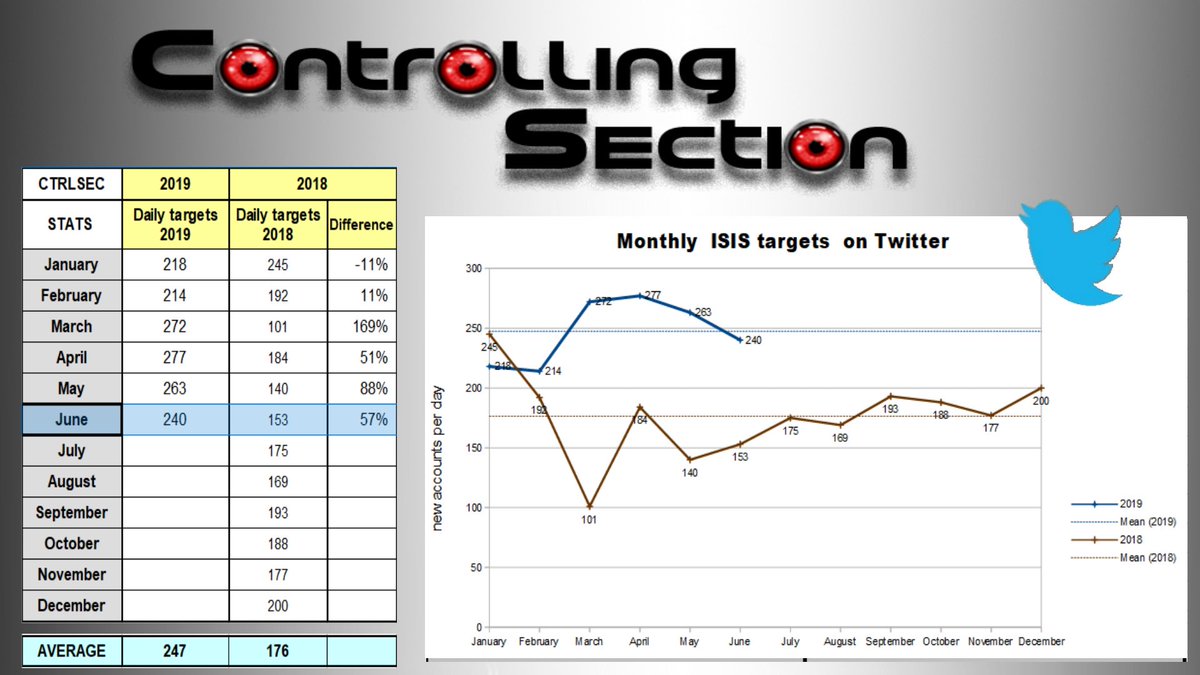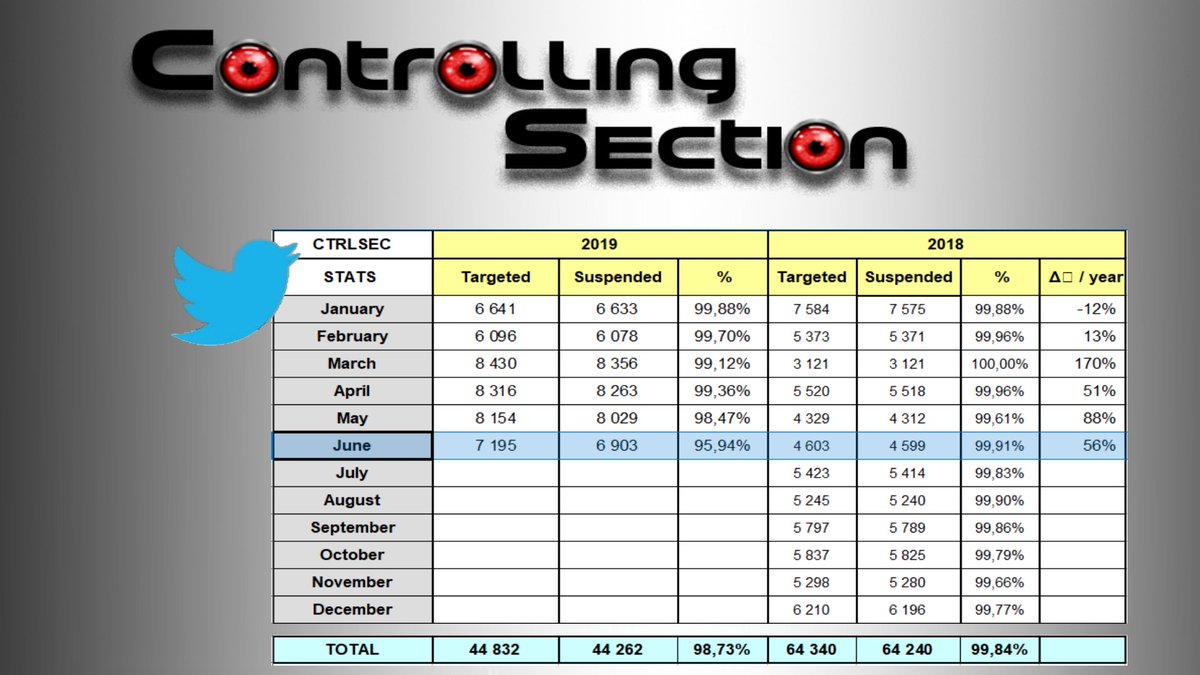To @guardian,
You’ve got it very wrong this time. In publishing this tired, self-justifying defence of the #PACEtrial—and predictable attacks on patients and others who question this research—you are being used by the PACE authors in a last-ditch…
theguardian.com/society/2019/j…
…attempt to prevent their reputations from being washed away by the rising tide of research showing the many flaws in theirs. Why are you giving a platform to a promoter of discredited and harmful treatments for some of the sickest people in the world? Are you unaware…
…that the #PACEtrial is now used in biostatistics courses as a case study in how not to design a medical trial? PACE is not a story about harassment of scientists. It’s a story about junk science and the replication crisis in psychology. PACE is eminence-based not…
…evidence-based science at its worst. Instead of accepting that their hypothesis was incorrect, its authors switched outcomes, suppressed data, used overly broad selection criteria for participants, and attacked those who pointed out the problems with their work.
Contrary to the misleading claim that “nowhere in his writing has [this particular PACE author] ever argued that there is no underlying disease”, the #PACEtrial was based specifically on an illness-model that theorised the disease was perpetuated by false-illness beliefs.
Now, in the face of mounting evidence rendering that theory untenable, its architects are scrambling to somehow distance themselves from it in a way that still preserves the findings of their studies—and the reputations built upon these rotten foundations.
The suggestion that people with #mecfs resist “any implication whatsoever that there could be any aspect to their illness which isn’t rooted in biological disease” is a sad, self-serving delusion adopted to shield the PACE author from the painful truth that his treatments…
…don’t work. Objections to these treatments are based, not on the fear of a mental health diagnosis, but on people’s actual experience of these treatments: for many with #mecfs, this treatment was not just ineffective, it actually made them sicker—some much sicker.
The complaint doctors and researchers can’t function under close inspection of their work reveals a breathtaking deficit of insight and empathy. People with #mecfs often struggle to hold down any paid employment at all, and the severest 25% are housebound or bedbound.
While abuse of medical professionals is unacceptable and all doctors should be allowed to “function” unimpeded, the repeated focus on alleged harassment of doctors, the refusal to listen to patients’ experience of the reality of disease, and the continued promotion of…
…harmful treatments—accompanied by a marked uninterested in the current research—is, to say the least, a strange way to practice medicine. You really think the problem is patients abusing doctors? Who’s really impeding whose functioning here?
…the emergence of a collaborative global network of scientists and clinicians dedicated to unraveling this complex and debilitating disease. You won’t hear it if you continue to listening to the likes of the PACE authors, but #mecfs research is now in far better health...
• Dr Ron Davis, @Stanford
• Dr Robert Naviaux, @UCSanDiego
• Dr Wenzhong Xiao, @harvardmed
• Dr Michael VanElzakker, @harvardmed/@TuftsUniversity
• Dr Maureen Hanson, @Cornell
• Dr Nancy Klimas, @NSUFlorida
• Dr Ian Lipkin, @Columbia








